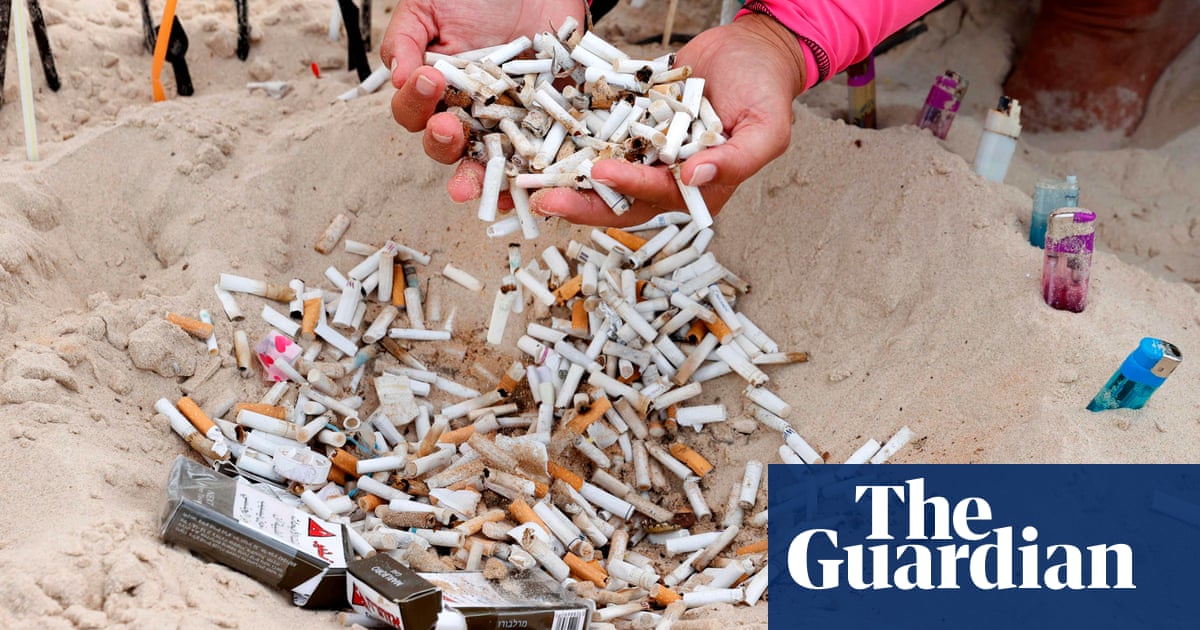Cigarette butts: how the no 1 most littered objects are choking our coasts - 2 minutes read

After years of nudging smokers to responsibly dispose of cigarette butts, Silverstein has shifted his focus in recent years. “We were trying to mop up the floor rather than turn off the taps,” he said. “We need to point the finger at the real source of the problem. Tobacco companies need to stop putting single-use plastic filters on the trillions of cigarettes they produce.”
“As we now know, claims that filtered cigarettes were ‘healthier’ were fraudulent,” the organization noted in 2017. “The only thing filters may have done is make smoking easier and less harsh, increasing both the risk of addiction for smokers and the overall burden of the non-biodegradable and toxic cellulose acetate filters in our environment.”
The years of mounting evidence against cigarette filters have propelled Novotny to become one of the leading voices in the push to ban single-use cigarette filters in the state of California. “There’s so much more concern about plastics these days,” he said. “And this one particular kind of plastic has no function except to sell cigarettes which kill people and cost our health care system a lot of money. So why do we want to even tolerate it?”
The experience in Spain – where in recent years 550 of the country’s more than 3,000 beaches have moved to ban smoking – suggesting that progress in addressing the issue is unlikely to be linear. In July, after nearly two years of prohibiting smoking on all of its beaches as part of its measures to contain Covid-19, the northern region of Cantabria said smokers would once again be allowed to light up along its coastlines.
Source: The Guardian
Powered by NewsAPI.org